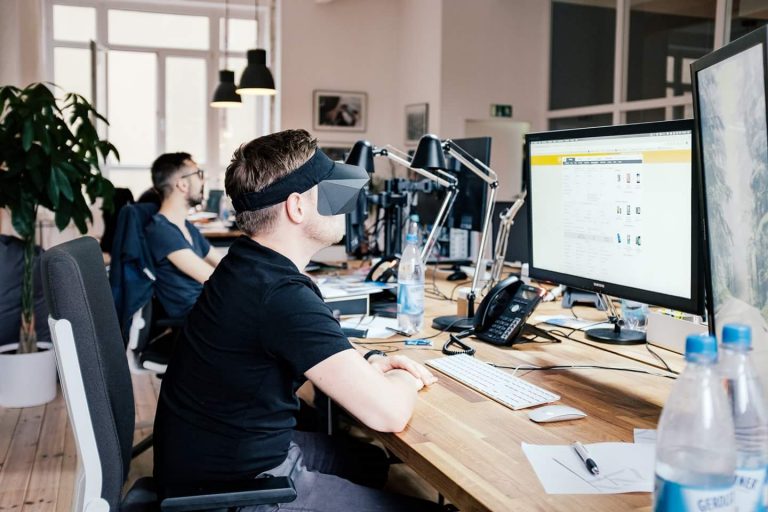Job Titles of the Future: Director of Mental Health and Wellness
While there definitely has been increased focus on wellness and wellbeing in the workplace in the last 10 or so years, most of that focus has been on the physical dimension of wellness - with programs and tools designed to help employees get more physically active, to quit smoking, to get a handle on better ways to manage long-term and (often) preventable health risks. But less attention (it seems to me anyway), has been paid to other aspects of wellness/wellbeing - and in particular, mental health. And mental health, and how employee mental health impacts people and the organization is a huge deal. I mean huge.
How huge?
According to some data from the Depression Center from the University of Michigan:
Depressive illnesses, including major depression and bipolar disorder, are highly prevalent in the United States, affecting nearly one in five adults at some point in their life. These conditions are also among the top five causes of disability globally, and depression ranks as the #1 contributor to disability in the U.S. and Canada. An estimated 6.7% of adults in the U.S. had at least one major depressive episode in the past year. Depression is one of the most costly health conditions for American employers. The annual cost of depression in the U.S. is estimated at $210.5 billion, with approximately 45% attributable to direct costs, 5% to suicide-related costs, and 50% to workplace costs. A majority of these workplace costs are due to lost productivity in the workplace from both absenteeism (missed days of work) and "presenteeism" (reduced productivity at work). Presenteeism represents nearly 75% of workplace costs and 37% of the overall economic burden of depression.
And that is just one set of data points from one source on the significant impact the mental health challenges and depression in particular makes on organizations, not to mention the personal and family impact depression has on people, families, and communities.
So it makes sense that organizations are and should be addressing mental health and depression as just as important a dimension of employee wellness with as much focus as they have with physical wellness. And at least one organization, maybe one you wouldn't think would 'have' to worry about the mental health of its workforce is doing just that.
The organization is the National Basketball Association, (don't worry, this is not turning into a 'sports' post). From a recent piece on the NBA.com site:
Kevin Love and DeMar DeRozan -- two All-Stars -- who became the latest NBA players to detail their public battles with mental wellness. Love wrote a first-person account last week in The Players’ Tribune of the panic attack he suffered earlier this season. DeRozan spoke last month of the depression he’s dealing with during what may be his most successful NBA season.
Their disclosures came as the NBA and the National Basketball Players Association are close to naming a Director of Mental Health and Wellness, who will run an independent mental wellness program that is being jointly funded by the league and union.
It might seem surprising that NBA players - generally young, wealthy, successful, admired, and in great physical health would be affected by mental health issues, panic attacks, and depression. But the fact that we can have that kind of a reaction - 'Gee, what do these guys have to be depressed about?', reminds us that it is too easy to fail to take mental health issues seriously, or to want to treat them as not real issues for employees because we can't 'see' them.
And I am pretty sure that is going to change, or it will have to change, as these issues become more common in the US and by extension, in the workplace. The National Institute of Health’s National Institute of Mental Health estimates that, in 2016, more than 44 million Americans suffered from some form of mental illness, ranging from mild to moderate to severe, and impacting more than 18 percent of all U.S. adults.
As an NBA fan, I like that the league is doing more to actively recognize, address, support and mostly not to hide from the mental health challenges that players are facing - even if we think these don't or shouldn't exist, the accounts of Love, DeRozan, and others show us the problems are real. And with the data showing that mental health issues and illnesses growing at a consistent rate, it makes sense for organizations to think about today's Job Title of the Future - Director of Mental Health and Wellness. Maybe you should too.
Have a great weekend!

 Steve
Steve

